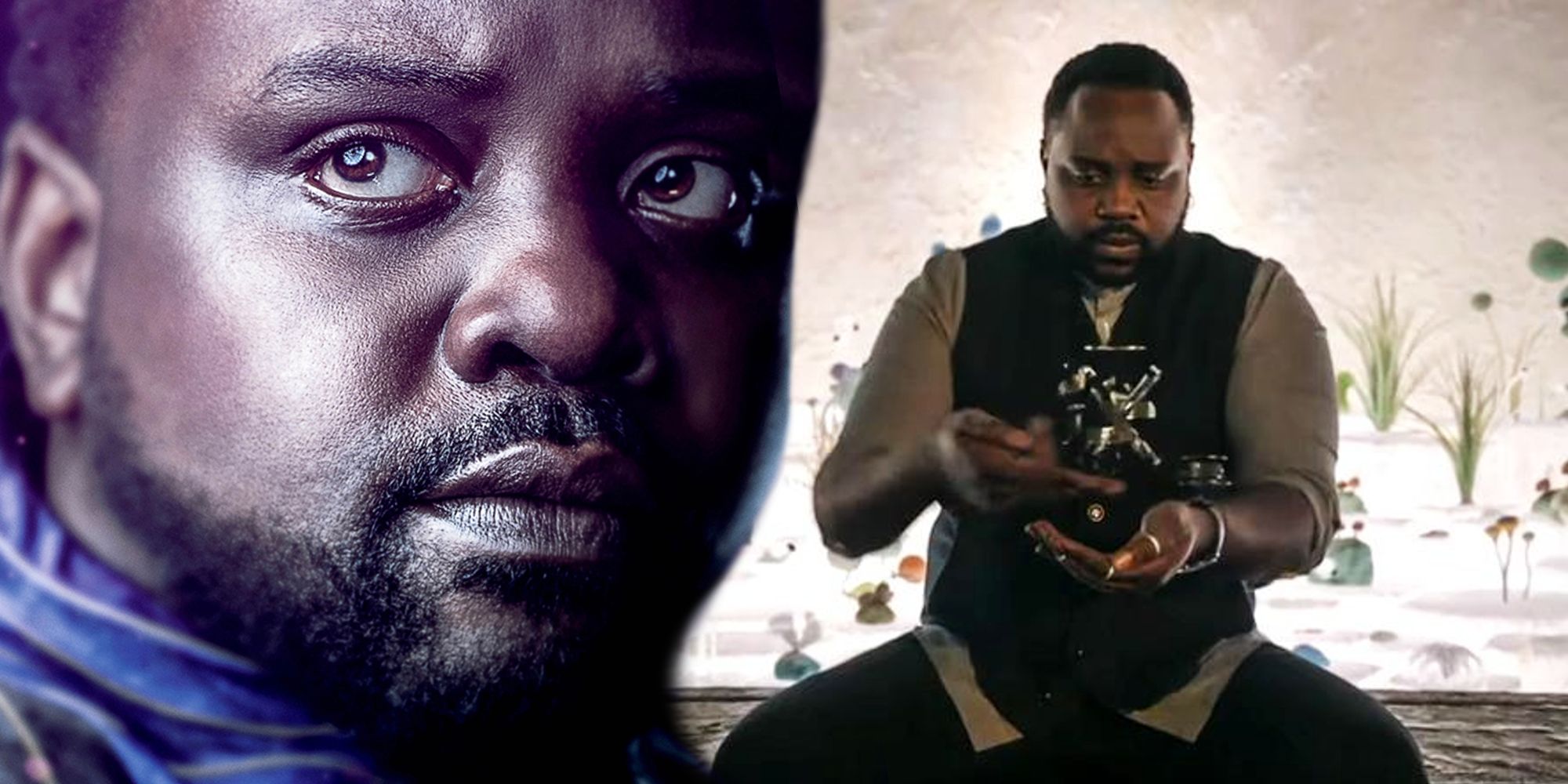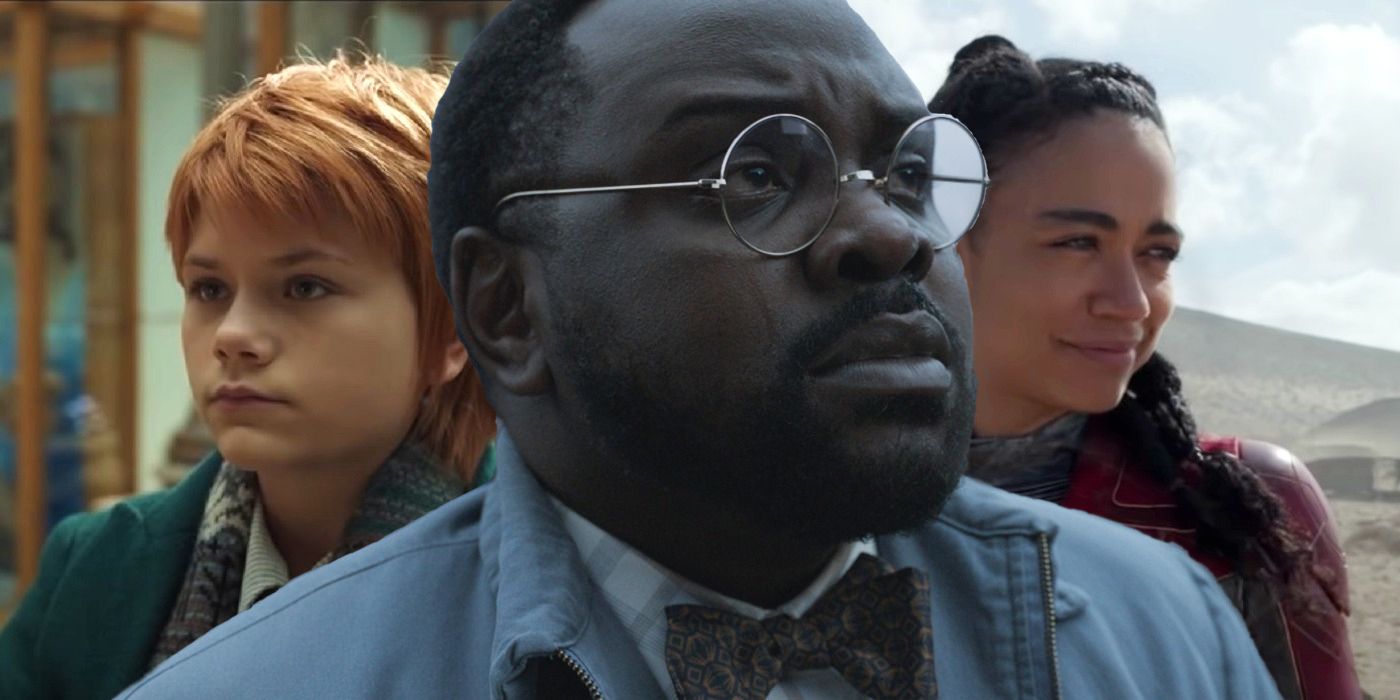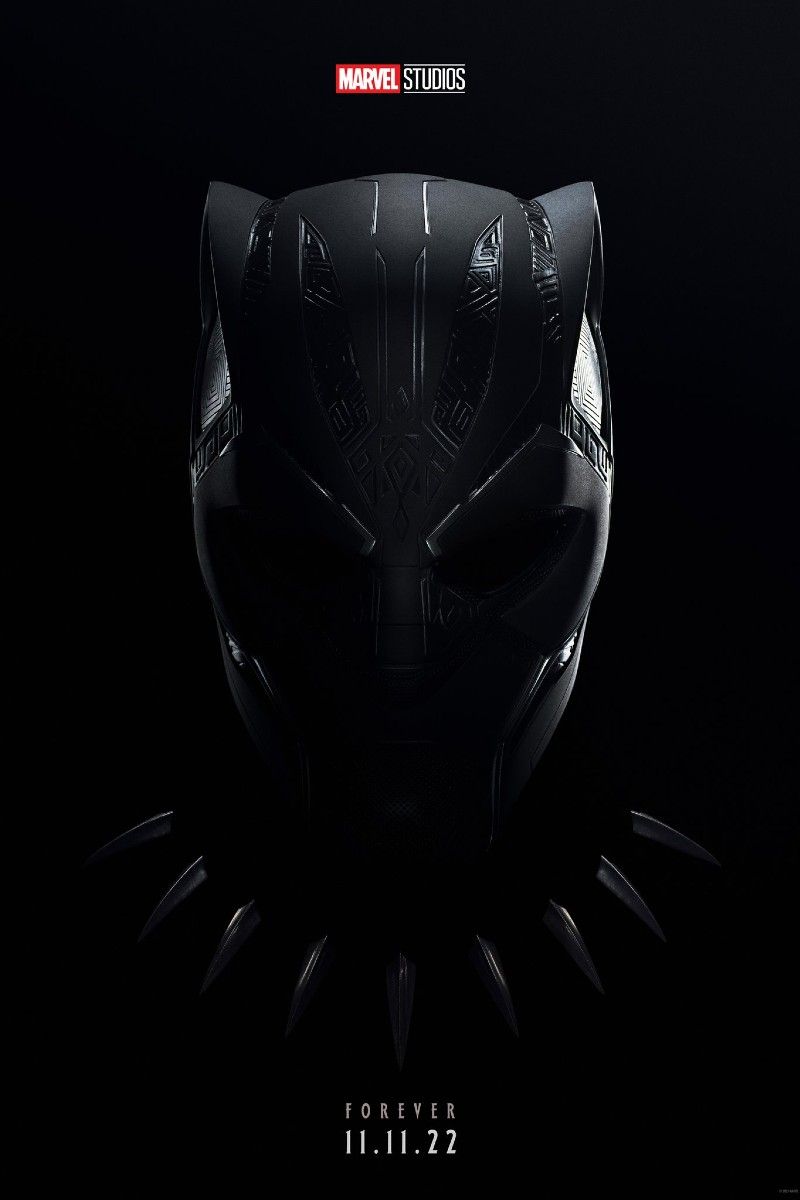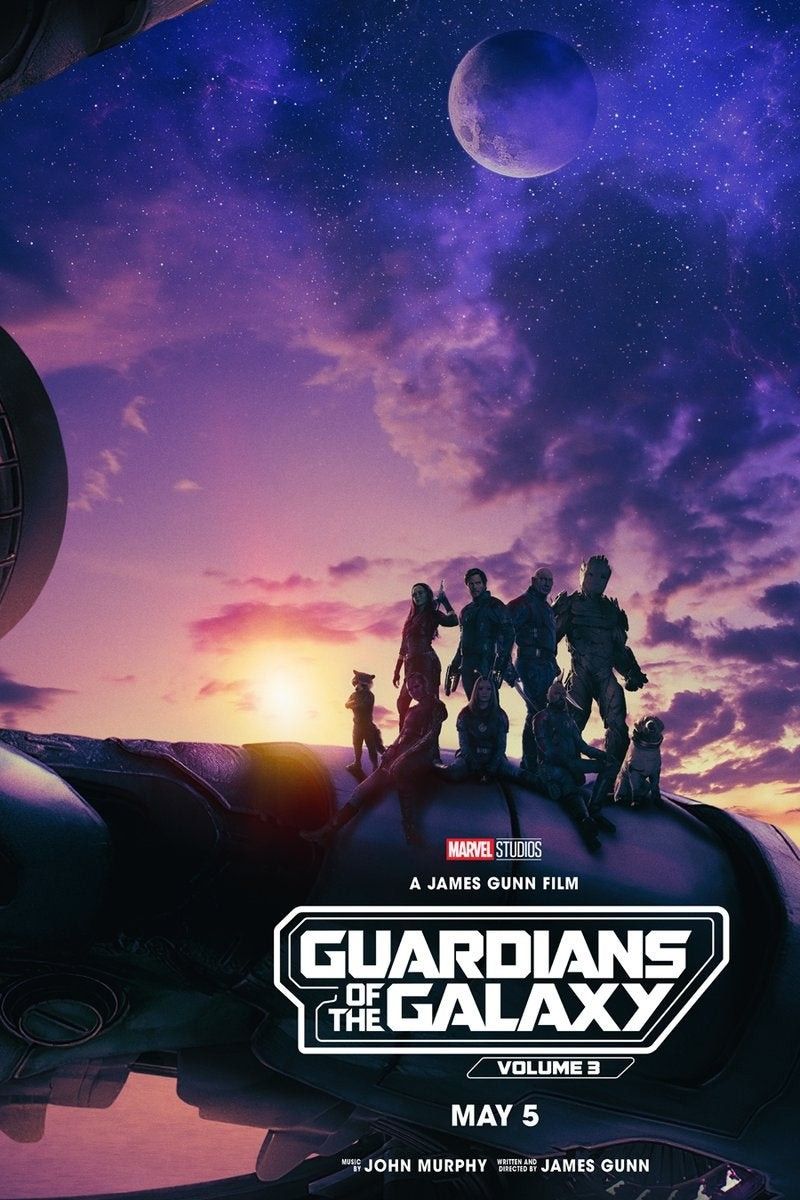Despite the generally negative reception, Eternals could never truly fail because of Phastos — specifically, his hidden power. Through Chloé Zhao’s direction, Eternals defies what a Marvel movie should be. The 26th MCU film pushes boundaries by capitalizing on location shooting, embracing themes of humanity, and taking a step towards representation. Consequently, it succeeded in becoming an ambitious template of an inclusive superhero world, proving its longevity as well.
Eternals follows an ensemble of the eponymous immortal heroes as they silently immerse and exist alongside humans for thousands of years. Unfortunately, Eternals has the lowest Rotten Tomatoes score in the MCU despite boasting a compelling premise, a star-studded cast, and an award-winning director. Most of the disapproving feedback is anchored on the film not being “Marvel enough,” with its visual uniqueness wasted by the flat exposition and lulling runtime. There are also comments on how Zhao’s genius was not maximized due to a template imposed by Marvel executives. Additionally, Eternals has irked critics with its attempt towards inclusivity. More specifically, the presence of Phastos, the franchise’s first openly gay superhero, has started discussions on whether the film is pushing its own agenda. Nevertheless, it is because of Phastos himself that Eternals could stand the test of time.
The technopath of the team, Phastos had a contingency plan similar to Batman that allowed him to control his fellow heroes should the need arise. In real life, however, Brian Tyree Henry, who played Phastos, was not as confident as his character was. In the Marvel Studios: Assembled episode "The Making of Eternals," he recalled the first time he donned his superhero costumes. Throughout his fittings, he never once looked at his reflection because he knew he never fit the standard Marvel aesthetic and thus was extremely nervous about how he would look. Contrary to his belief, Phastos being “unconventional” was certainly his biggest personal power. As a beacon of representation in the mainstream superhero genre, he could transcend the movie-audience connection and instead impact the lives of actual people who looked like him.
During the final fitting, Henry gave in, and when he saw himself, he openly wept and thanked everyone who helped transform him into Phastos, a hero who could be Iron-Man’s replacement. For him, that emotional moment was a dream come true for the “little Black boy from North Carolina who never thought in a million years that he could stand here and believe that he was a superhero.” Even though he never imagined that he would become a part of the MCU, he was encouraged by Zhao. In fact, part of her directorial vision of Eternals was to smash Marvel stereotypes, and by holding up a mirror to how everyday people look, the film becomes more human and proves that anyone could be a superhero.
While Phastos is not the first Black superhero to grace the MCU screen, the Eternals, despite its original pitch, still provides its audience with representation. Because of the existence of queer, interracial, and neuro-divergent heroes, children will feel validated and assured that there are extraordinary beings who look, act, and think just like them. In that way, they will never have to grow up wondering if there are people who share their experiences. They will never have to doubt their abilities to break glass ceilings and change the world in their own ways. Gone are the days of superheroes conforming to ideals, as the Eternals has opened the door wider for representation in the Marvel Cinematic Universe. For that reason, it could never fail, despite its deficiencies in other aspects.







